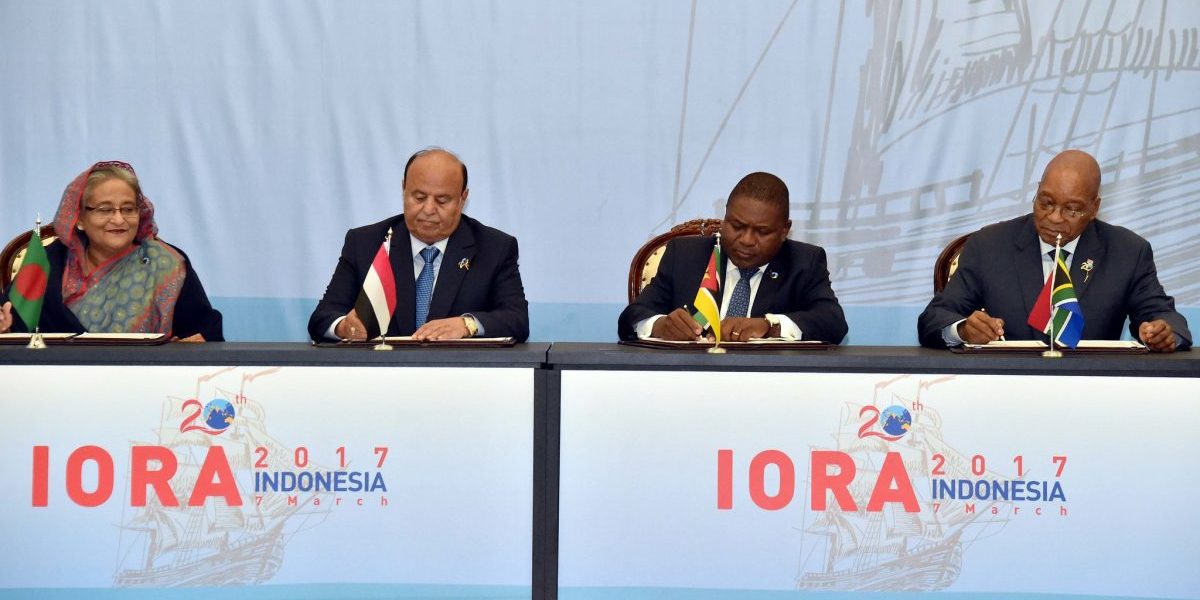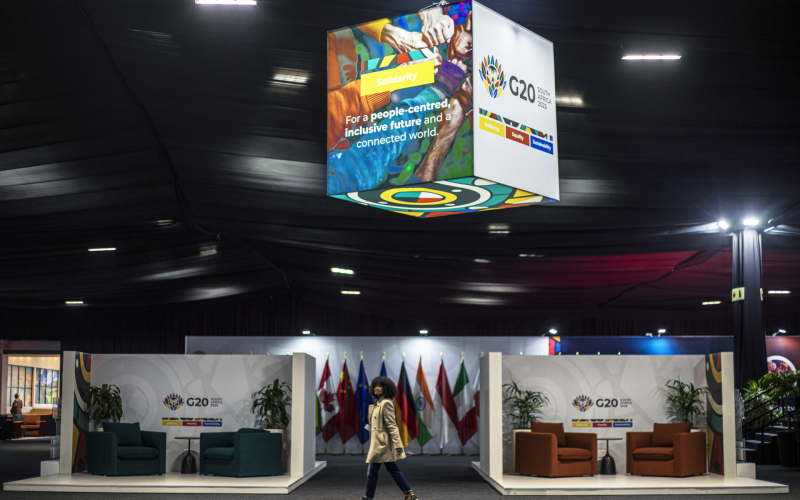Coastal and marine tourism is recognised as a vital Blue Economy sector by IORA countries and in the IORA Action Plan 2017–2021. South Africa, which serves as IORA chair from 2017–2019, has been at the forefront of recent debates around economic inclusion and tourism.
The core focus of this study is to investigate the potential for expanded economic inclusion through promoting the participation of local entrepreneurs as small and medium-sized enterprises (SMEs) in the coastal and marine tourism sector in IORA states, thereby contributing to an equitable and sustainable Blue Economy in the region. The study involved desk-top research on coastal and marine tourism, with a particular focus on economic inclusion and SME development aligned with international ‘good practice’ in coastal tourism. The results were triangulated with a series of expert consultations with key stakeholders in South Africa and Kenya, the two countries used as case studies.
Coastal tourism is not a homogenous category. There are different forms of coastal tourism that service different market segments, each with varying potential for economic inclusion and SME development. Across IORA states the economy of coastal tourism is dominated by mass tourism involving the movement of large numbers of international tourists to often all-inclusive enclave beach resorts. This form of tourism is inimical to inclusive development, as local entrepreneurs are typically excluded from the benefits of the tourism value chain, which is dominated by powerful external (usually international) firms.
By contrast, other forms of coastal tourism have firmer and more secure entry points that enable local people (including marginalised groups such as women and youth) to participate in the globalised industry of tourism. The low-budget sector of international tourism and the markets offered by domestic and regional tourists are appropriate entry points for the start-up and growth of locally owned SMEs. Such forms of tourism are often neglected in tourism planning in favour of international tourists. Yet targeting the budget tourism sector can build on the skills of the local population, enhance self-reliance and develop the confidence of
community members in dealing with outsiders, all of which are signs of empowerment.
Within the mass international tourism model the greatest opportunities for economic inclusion lie not in direct participation in the tourism sector but in opening up opportunities for SMEs to engage within the supply chains of coastal accommodation establishments, such as food inputs. Critical intervention levers could be to improve market information, enhance suppliers’ access to finance, and address infrastructural shortcomings. These include ‘hard’ (storage, transport logistics, access to water) and ‘soft’ infrastructure (improving the organisational capacity of farmers and establishing standards and guidelines to expand market access). Financial support is necessary but not sufficient, as coordinated interventions are needed to support local entrepreneurs in participating in local supply chains in coastal settings.
This discussion paper emphasises the need for improved data to monitor economic inclusion in coastal communities and strengthened research capacity to provide evidence-based analysis supporting improved planning for economic inclusion targeting marginalised groups.
South Africa, in partnership with other IORA members, should encourage engagement on the issue of inclusive coastal and marine tourism within IORA structures and programmes, including the IORA Academic Group, the Indian Ocean Rim Business Forum and the Working Group on Trade & Investment.
Finally, South Africa and other IORA members should ensure that issues related to economic inclusion are given prominence in the programme of the Core Group on Tourism and, in the longer term, within a Working Group on Tourism, should such a structure be established. This also relates to creating opportunities for peer learning between IORA member states, drawing from the challenges and successes experienced within specific national contexts relating to economic inclusion in coastal and marine tourism.








